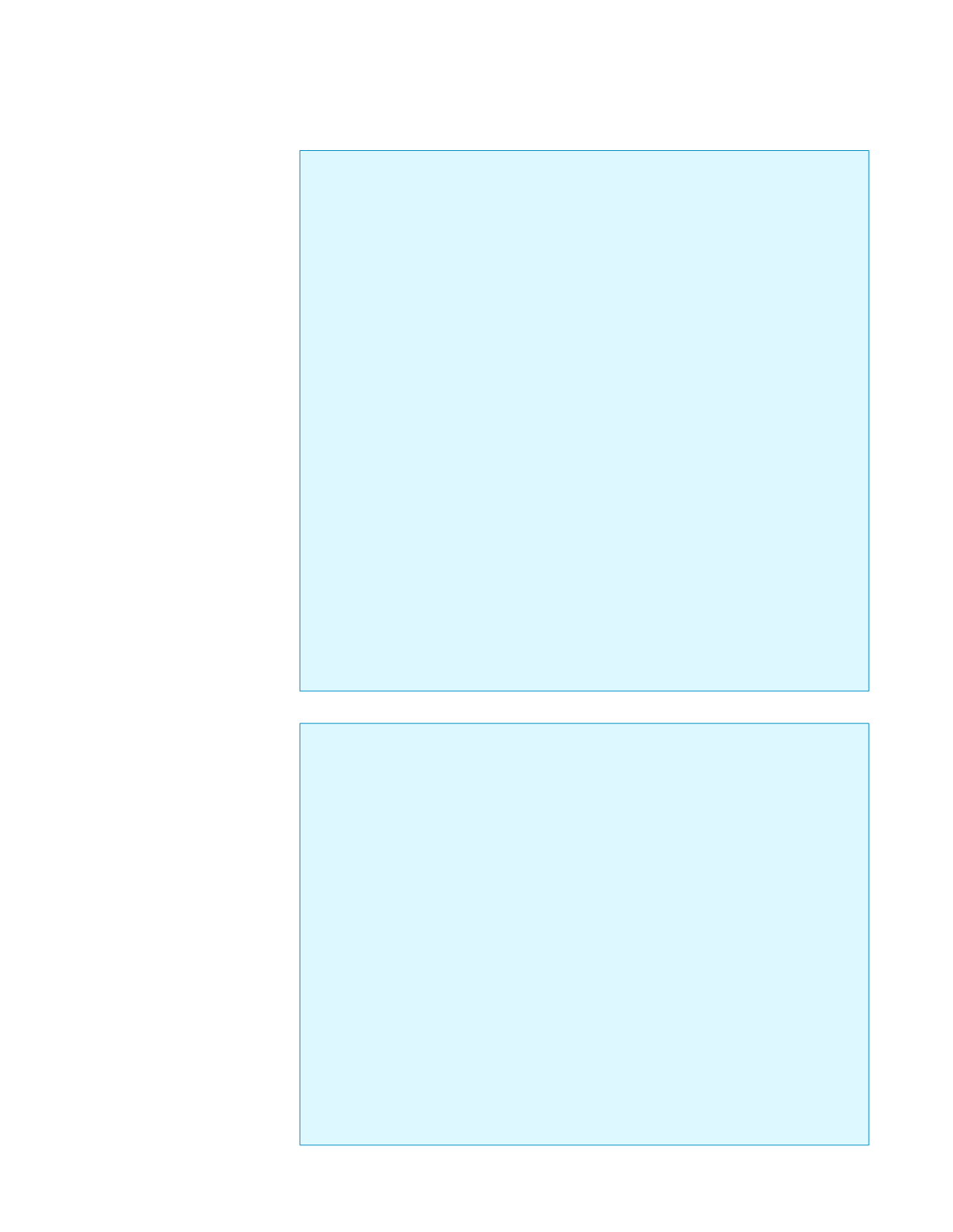
152
S
tate
of
I
ndia
’
s
L
ivelihoods
R
eport
2015
Arvind Mills, India’s largest denim manufac-
turer, is a key player in bringing khadi-denim to
market, having spent the last four years in R&D
understanding the commercial, social andmar-
keting angle that fits in with an of-the-moment
East-meets-West narrative. Sharp branding of
the three could propel the birth of a new textile,
with a long life ahead of it.
The company’s internal product development
lab has since researched and brought in consult-
ants for extensive studies. Arvind’s Executive
Director, Kulin Lalbhai, believes that he is seeing
the birth of the product in its truest form only
now, years into R&D. He explains, ‘Denim is
quite a technical product, it requires specific
treatments for indigo to react to the fibre. And
then it needs to be woven in a certain way with a
certainweight. It’s an incredibly difficult thing to
marry khadi with denim technology.’ Speaking
about the prospects and challenges associated
with its developments, Lalbhai says,
Khadi and denimhave very different supply
chains. Spinning the yarn used for khadi is
a completely manual process, done on the
charkha, and so the major challenge with
this product begins with how to source
it. Arvind has been working with various
India Handloom Brand, recently launched in
Chennai (under Development Commissioner
of Handlooms, GoI) seeks to ensure produc-
tion of high quality, defect free, hand-woven,
authentic ‘niche product’; zero defect; authentic
traditional design; zero impact on environ-
ment; and social compliance. The weaver will
be able to get bulk orders and higher wages by
interacting directly with the market. It will also
help weaver entrepreneurs (from younger gen-
eration) to take up the traditional profession of
production of quality handloom fabrics in bulk
and marketing within and outside the country.
Products identified for branding
:
Cotton Sari
: Jamdani, Tangail, Shantipiri,
Dhaniakhali, Bichitrapuri, Bomkai, Kotpad,
Pochampalli, Venkatgiri, Uppada, Siddipet,
Narayanpet, Mangalagiri, Chetinad,
Balaramapuram, Kasergod, Kuthampally,
Chendmangalam Dhoti.
intermediaries in Gujarat as well as direct
sources to set up an entire supply chain to
procure khadi yarn. Production is compli-
cated as well because the yarn is inherently
imperfect, and quite delicate. Retro-fitting
the weaving and processing of this yarn with
what’s required for denim manufacturing
has been our second big contribution.
Arvind has also been working with designer
Rajesh Pratap Singh for whom weaving and
R&D is core to his business. Rajesh has worked
extensivelywith khadi throughout his career and
began experimenting with natural indigo-dyed
plain weaves five years ago. Over the past two
years, he has been purchasing Arvind’s khadi-
denim twill fabric. The alliance has grown into
setting up a joint R&Dunit to explore aesthetical
and technical improvements that wouldmake it
easier to construct garments with. What excites
him about the product? ‘It is hand-spun, hand-
woven—completely handmade. It has a softness
and beauty that comes from the natural indigo
dyeing process, that involves no chemicals. And
finally, it is intrinsically Indian.’
Source:
Based on an article by Nikita Doval
in
Livemint
17 June 2015. Available at www.
livemint.com
Silk Sari
: Baluchari, Mugasilk, Sulkuch
silk, Khandua, Berhampuri, Bomkai Silk,
Benares Brocade, Tanchoi, Benarasi, Butidar,
Jangla, Benarasi Cutwork, Pochampally,
Dharmavaram, Kanchipuram, Arni Silk,
Molkalmuru, Paithani, Patola, Champasilk,
Ashawali Silk, Salem Silk (Dhoti), Uppada,
Jamdani.
Cotton Silk Sari
: Chanderi, Maheswari, Kota
Doria, Ilkal, Gadwal, Covai Kora Cotton.
Dress material
: Cotton—Odisha Ikat,
Pochampalli Ikat; Silk—Tanchoi, Benarasi,
Cutwork, Odisha Ikat, Pochampally Ikat, Tassar
Fabric, Muga Fabric, Mekhala/Chadar
Bed sheet
: Odisha Ikat, Pochampally Ikat.
Scarf/shawl/chadar
: Kani Shawl, Kinnori
Shawl, Kulu Shawl, Tangaliya Shawl, Kutch
Shawl, Wangkhei Phee.
Box 7.1:
Handloom denim story
Box 7.2:
Handloom branding initiative


